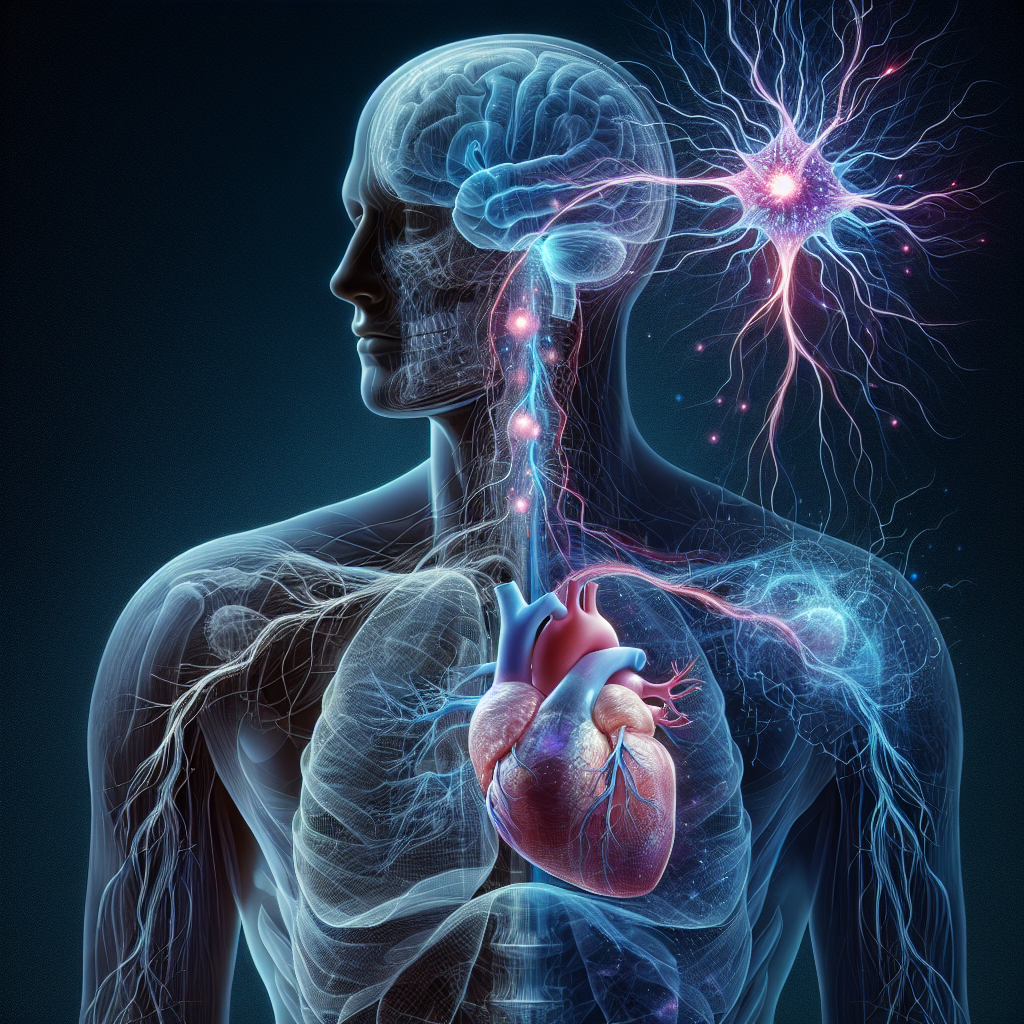The mind-body connection refers to the intricate relationship between our thoughts, emotions, and physical health. Psychosomatic disorders are conditions in which mental factors play a significant role in the development, progression, or treatment of a physical illness. These disorders highlight the powerful influence that our thoughts and emotions can have on our overall well-being.
In this article, we will take a deep dive into psychosomatic disorders, exploring their causes, symptoms, and treatment options. We will also examine the impact of stress, trauma, and lifestyle factors on physical health, and how addressing mental health can lead to improved physical health outcomes.
What are Psychosomatic Disorders?
Psychosomatic disorders, also known as psychophysiological disorders, are conditions in which psychological factors cause or contribute to physical symptoms or illnesses. These disorders are not imaginary or “all in your head”; they are real and can have a significant impact on a person’s quality of life.
Common psychosomatic disorders include:
– Irritable bowel syndrome (IBS)
– Fibromyalgia
– Chronic fatigue syndrome
– Hypertension
– Migraines
– Asthma
– Eczema
– Gastrointestinal issues
– Insomnia
While the exact cause of psychosomatic disorders is not fully understood, it is believed that a combination of biological, psychological, and social factors contributes to their development. Stress, trauma, childhood experiences, personality traits, and lifestyle habits can all play a role in the onset of these conditions.
Symptoms of psychosomatic disorders can vary widely depending on the specific condition and individual. Common symptoms include:
– Chronic pain
– Fatigue
– Digestive issues
– Headaches
– Sleep disturbances
– Muscle tension
– Breathing difficulties
– Skin problems
It is important to note that psychosomatic disorders are not a sign of weakness or lack of willpower. They are complex conditions that require a holistic approach to treatment that addresses both the physical and emotional aspects of the individual.
The Mind-Body Connection
The mind-body connection refers to the intimate relationship between our thoughts, emotions, and physical health. Research has shown that our mental and emotional well-being can have a profound impact on our physical health, and vice versa.
When we experience stress, anxiety, or trauma, our bodies respond by releasing stress hormones like cortisol and adrenaline. These hormones can trigger a cascade of physiological responses, such as inflammation, immune suppression, and changes in heart rate and blood pressure.
Over time, chronic stress and negative emotions can contribute to the development of physical health conditions like hypertension, diabetes, autoimmune disorders, and gastrointestinal issues. The mind-body connection also plays a role in the manifestation of psychosomatic disorders, where mental factors contribute to physical symptoms.
By understanding the mind-body connection, we can take a more holistic approach to health and wellness that addresses both our mental and physical well-being. Practices like mindfulness, meditation, yoga, and therapy can help us cultivate emotional resilience, reduce stress, and improve our overall health outcomes.
Treatment Options for Psychosomatic Disorders
The treatment of psychosomatic disorders typically involves a combination of medical, psychological, and lifestyle interventions. It is essential to work with a multidisciplinary team of healthcare professionals, including doctors, therapists, nutritionists, and holistic practitioners, to address the complex nature of these conditions.
Some common treatment options for psychosomatic disorders include:
– Cognitive-behavioral therapy (CBT): CBT is a type of psychotherapy that helps individuals identify and change negative thought patterns and behaviors. This therapy can help reduce stress, anxiety, and depression, which are common contributors to psychosomatic disorders.
– Mindfulness-based stress reduction (MBSR): MBSR is a meditation program that teaches individuals how to cultivate mindfulness and awareness in their daily lives. This practice can help reduce stress, improve emotional regulation, and enhance overall well-being.
– Lifestyle modifications: Making healthy lifestyle changes, such as improving diet, getting regular exercise, practicing good sleep hygiene, and reducing exposure to environmental toxins, can support the body’s natural healing mechanisms and reduce the symptoms of psychosomatic disorders.
– Medications: In some cases, medications may be prescribed to help manage specific symptoms of psychosomatic disorders, such as pain, anxiety, or depression. It is essential to work closely with a healthcare provider to ensure the safe and effective use of medications.
FAQs
Q: Are psychosomatic disorders real medical conditions?
A: Yes, psychosomatic disorders are real medical conditions that involve a complex interplay of psychological, biological, and social factors. These conditions can have a significant impact on an individual’s quality of life and require a holistic approach to treatment.
Q: Can psychosomatic disorders be cured?
A: While there is no cure for psychosomatic disorders, they can be managed effectively through a combination of medical, psychological, and lifestyle interventions. With proper treatment and support, individuals with psychosomatic disorders can experience improvements in their symptoms and overall well-being.
Q: How can I protect my mental and physical health?
A: To protect your mental and physical health, it is essential to prioritize self-care, practice stress-reducing techniques, maintain a healthy lifestyle, and seek support from healthcare professionals when needed. Cultivating emotional resilience and practicing mindfulness can help you navigate life’s challenges with greater ease and grace.
In conclusion, the mind-body connection is a powerful force that influences our physical health in profound ways. Psychosomatic disorders highlight the complex interplay between mental and physical factors and underscore the importance of addressing both aspects of health in a holistic manner. By understanding the mind-body connection and investing in self-care practices, we can support our overall well-being and live healthier, more fulfilling lives.




Leave A Comment